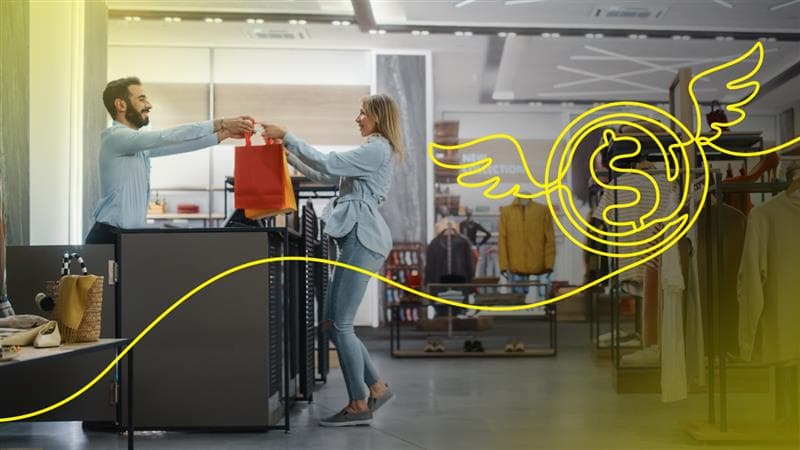
Like most categories, the Australian automotive industry took a big hit in 2020, with sales down 19% (October YTD)1. And while many brands may be falling back on tactics like discounting to try and reignite sales, our observation is that there’s a massive pot of (potential) gold sitting right under their noses.
Today, nearly one third of all car sales are made by owners repurchasing the same brand of vehicle they currently drive (to be precise, 29%, according to Potentiate). A massive volume of vehicles. But there’s just as massive a difference across automotive marques in this area, with the best-performing brands sitting at 10x the repurchase rate of the worst.
For brands currently on the lower end of the spectrum, that means a significant upside if they can implement programs to drive repurchase. It’s an approach not without challenges though. After all, people own a car for around five to eight years on average before repurchasing (depending on brand and category), so maintaining engagement without over-investing requires a good strategy.
It’s also important to remember that even your most loyal customers are considering other cars, as this Google Automotive Loyalty study confirms:
“90%+ of loyal customers still consider at least one other automotive brand in their subsequent shopping journey.”
Here are some good areas to start looking at:
- Drive loyalty by getting owners to interact more frequently with your brand themselves. Servicing is a prime example that can have a significant impact on retention. But the key is to get in early. The sooner you can establish a service relationship in the first year, the greater the residual uplift in the lifetime value of the customer.
- But servicing is just part of the picture, which is why we’re a big fan of capturing customer engagement levels. This is the sum of all engagements – whether servicing, opening an email or making an online enquiry and so on. This allows you to segment your audiences from ‘engaged’ to ‘disengaged’ with your brand, and then tailor communications as a result. We recently ran a test similar to this with a client and saw a 15% uplift in results.
- Treat every customer with care. While we understand the motivation to fill the funnel with retail offers, you don’t want to become spam. We’ve seen over-communication drive high unsubscribes too many times, and losing a customer’s permission to connect often means they’re lost to your brand for life. We’ve been able to calculate the value of an email record in terms of potential future repurchase (this data is from an AFFINITY analysis across a number of different categories. If you’re keen to get down to the actual value of an active email for your industry, get in touch. If we don’t already have the data to hand, we can talk about generating that IP for you.).
- How to avoid the churn? Look for a middle ground through more brand and value-led communications. Our experience has shown that emails with a less overt retail message can ultimately drive a higher purchase intent than a solus retail offer.
- While many owners repurchase around years three or four, there’s a long tail after that (up to eight years, as we touched on above). So, the critical moment is when they actually re-emerge as an active lead. Unfortunately, most auto brands’ lead nurture strategies treat all leads the same. The sooner you can identify which leads are current owners, and personalise messaging and relevant dealer interactions to reflect this status, the better your conversion rates will become.
Of course, these are just the tip of the automotive iceberg. We’d love to share more of our insights on, ahem, accelerating increased impact for your automotive marketing spend (or any non-auto brands wanting to optimise returns on communicating with your base for that matter). Drop a line to hello@affinity.ad – we always write back.








